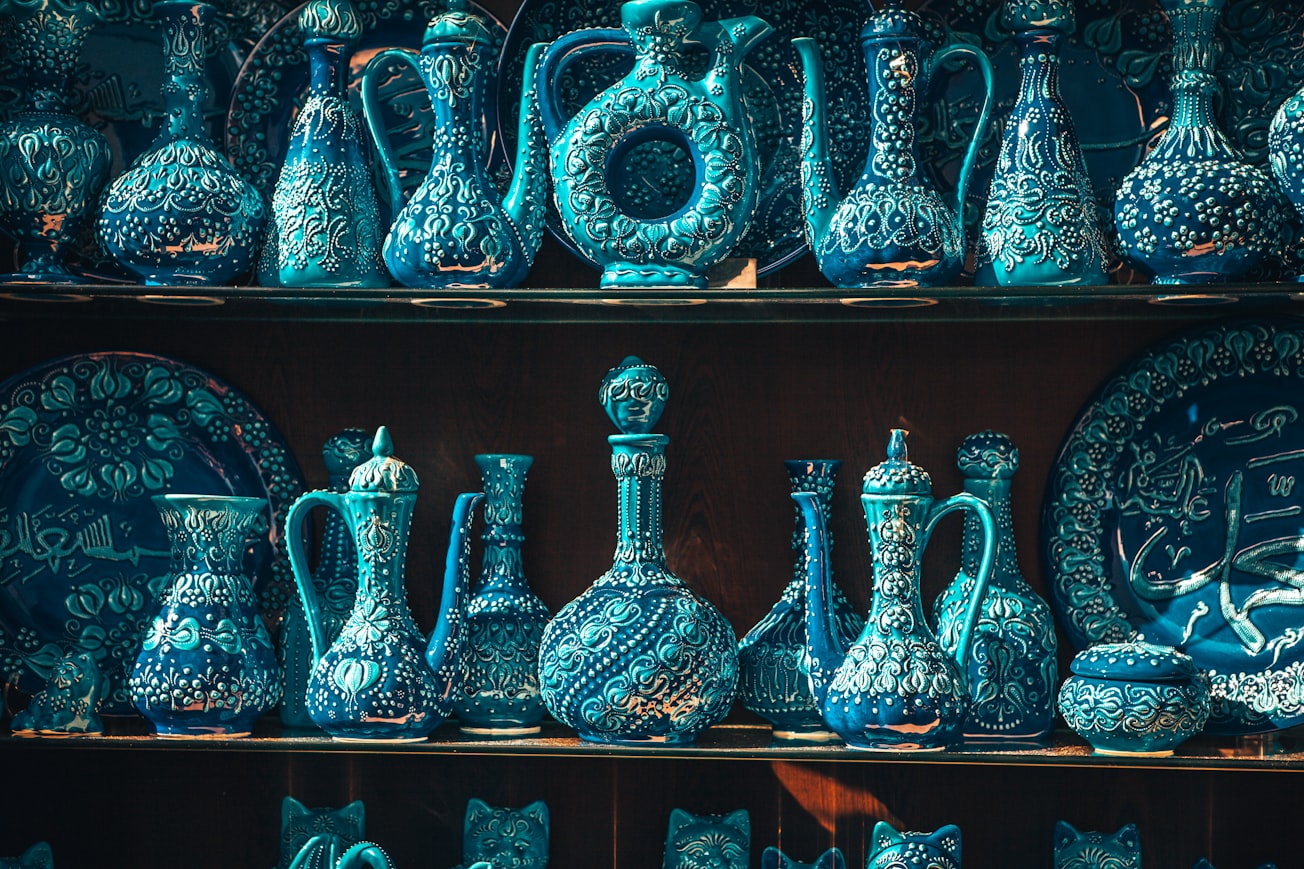What is it about?
This publication is about certain green-glazed jars that were manufactured in Iraq since the Parthian and Sasanian periods and up until the end of the Early Islamic period, roughly between the 3rd and 10th centuries AD. The sudden decline in the production of these jars which were very popular in the Near East has puzzled archeologists. In this paper, it is argued for the first time that certain Hadith (traditions about the Prophet Muhammad) may have caused this decline. According to these Hadith, the Prophet prohibited the use of green jars for the preparation of nabīdh (date-wine).
Featured Image

Photo by Raimond Klavins on Unsplash
Why is it important?
Because for the first time, it is argued that Prophetic traditions about green jars may have influenced the decline of green jars in the Near East. This publication demonstrates how texts can help us understand archeological findings and vice versa.
Read the Original
This page is a summary of: The Decline of Green-Glazed Jars after the Early Abbasid Period, Islamic Law and Society, May 2021, De Gruyter,
DOI: 10.1163/15685195-bja10012.
You can read the full text:
Resources
Contributors
The following have contributed to this page







